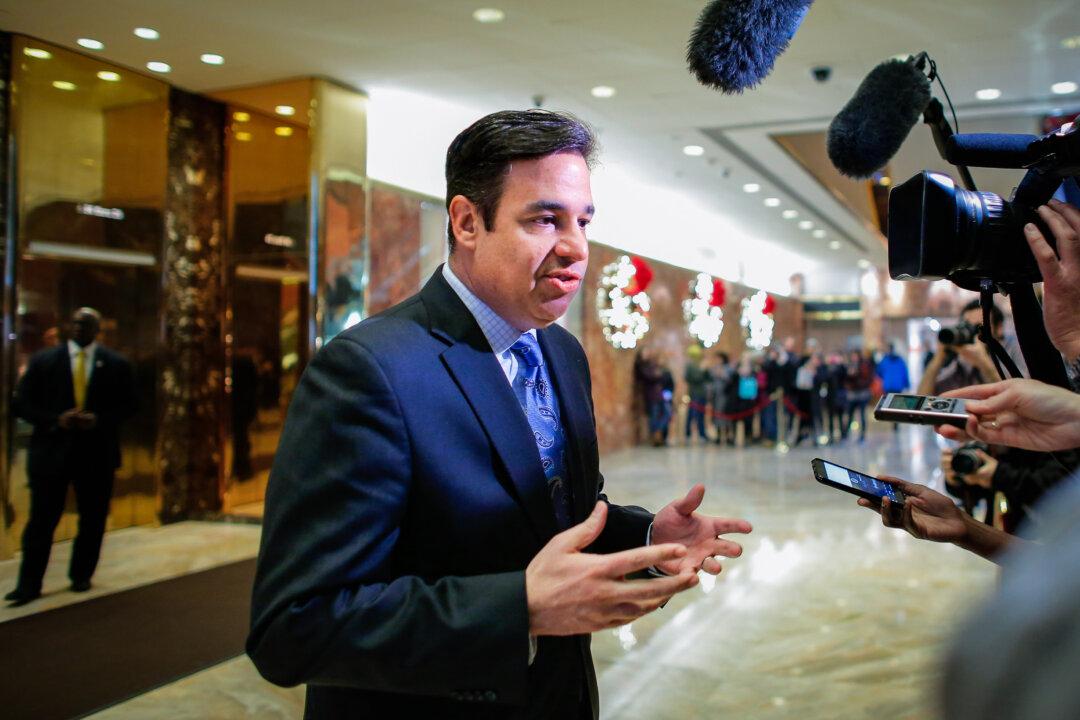Idaho has asked the U.S. Supreme Court to allow it to enforce a state ban on sex-change-related procedures for minors after the law was blocked last month by the U.S. Court of Appeals for the 9th Circuit.
The Vulnerable Child Protection Act (VCPA), which Gov. Brad Little (R) signed in 2023, criminalizes physicians prescribing puberty-blocking drugs, hormone therapy, and selected surgeries for minors who identify to be transgender. Fines and prison terms can be imposed.





